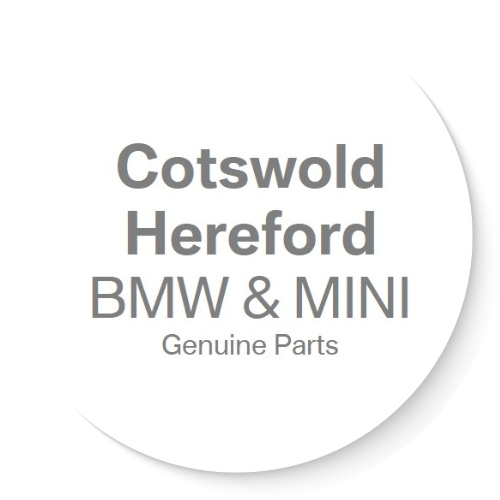In this Cotswold Hereford Parts blog, we look at why you may or may not want to lower your suspension. Firstly, what benefit could you experience and at what cost?
Benefits
Enhanced Road Feel
Lowering the suspension allows drivers to feel more connected to the road, as vibrations from imperfections are transmitted through the steering wheel, giving a better sense of how the vehicle is reacting to different surfaces.
Firm Ride
With a lowered setup, stiffer springs are necessary to prevent the vehicle from bottoming out over bumps or dips. Many drivers prefer this firmer experience over the softer ride typical of luxury saloons.
Reduced Body Roll in Corners
A lower center of gravity means less leaning during sharp turns. The weight shift is minimized, keeping the outer part of the vehicle more level, which allows for quicker and more responsive handling.
Improved Handling
Being closer to the ground enhances responsiveness, stability, and grip at higher speeds. Stiffer springs also reduce weight transfer during acceleration or braking, leading to quicker acceleration and shorter stopping distances.
Decreased Air Drag
Lowered vehicles are more aerodynamic, facing less air resistance against the wheels and tires. This can lead to improved speed and, in some cases, better fuel efficiency. However, lowering too much can actually increase drag.
Lower Rollover Risk
A lower center of gravity also decreases the chance of rollover during turns, making the vehicle safer in that respect.
Aesthetic Appeal
Lowered vehicles with custom wheels have a striking look that turns heads, conveying a sporty, performance-oriented style.
Drawbacks
Reduced Ride Comfort
If you're used to a softer suspension that absorbs bumps and potholes, you might find a lowered setup less comfortable. You may also experience more road noise since you're closer to the pavement.
Not Ideal for Rough Terrain
Lower ground clearance can make navigating bumpy, rutted, or potholed roads challenging.
Uneven Tire Wear
Lowering can alter wheel alignment and geometry. If not done correctly, it can lead to premature or uneven tire wear. We recommend genuine kits (like the F87 kit) with fitting/alignment by a main BMW service centre.
Risk of Bottoming Out
Even a slight reduction in height can lead to problems over bumps or when navigating steep driveways, potentially damaging components underneath the vehicle.
Flatbed Tow Requirement
If you need a tow, you might have to use a flatbed truck due to the lowered height, as the vehicle could drag on the ground.
Important Considerations Before Modifying Your Suspension
If you're aiming for better performance, you might not need to lower your vehicle as much as you think. It’s easy to overdo it, which could negatively impact your suspension. Most genuine BMW and MINI kit may only lower the car about 20 mm, but these have been painstakingly tested for all round performance.
Avoid skimping on key parts like shocks and struts, as these changes affect your vehicle's structure and balance. Failing parts can lead to serious issues.
Also, keep in mind that modifying your vehicle in non-compliant ways may affect your insurance coverage. It’s wise to discuss your plans with your insurance agent beforehand.
Installing aftermarket setups could lead to problems that your vehicle’s warranty won’t cover. For peace of mind, always verify that your modifications are with Genuine BMW products.
After lowering your vehicle, getting a proper alignment is crucial for optimal handling and tire longevity.
Lastly, take time to adjust to your new setup. The stiffer suspension may change how your vehicle handles, and sudden movements could lead to loss of traction on bumpy roads.

